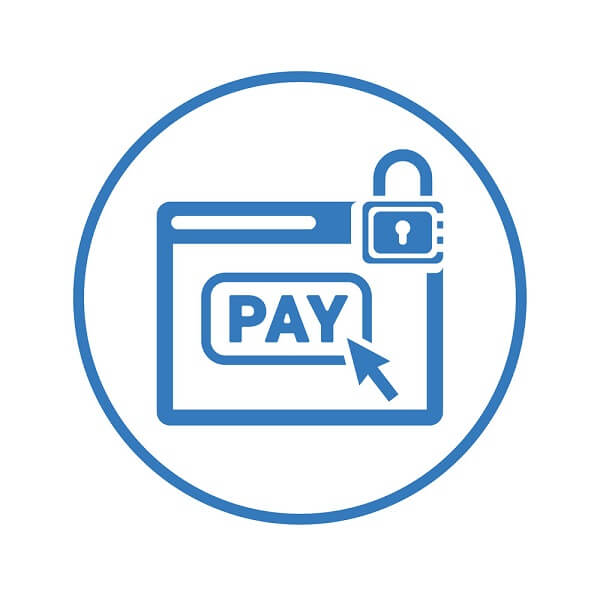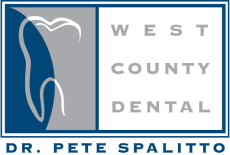-
Help Fight Bad Breath
Chronic bad breath, or halitosis, is an embarrassing condition with several possible underlying causes. Learn what might be to blame for your bad breath, which might give you clues about how to get rid of it.
What Causes Bad Breath?
Certain oral bacteria emit unpleasant odors as they feed and multiply. Sometimes, the bacteria in your gut even affect how your breath smells. Here are some of the most likely reasons your breath stinks:
- Gum disease is a leading cause of persistent bad breath. When your oral tissues become infected, harmful bacteria linger in your mouth and give off an unpleasant odor.
- An infected tooth, mouth sore, or inflamed tonsils can give you a bad taste in your mouth and cause halitosis.
- Foods such as garlic, onions, and certain spices create foul-smelling byproducts as they break down.
- Smoking causes an unpleasant mouth odor. Smokers are also more likely to have gum disease, another source of bad breath.
- Forgetting to brush and floss allows food particles and bacteria to accumulate in your mouth. If this happens consistently, you could develop oral health problems that produce bad smells.
- Chronic dry mouth, also known as xerostomia, can lead to all-day “morning breath.”
- Some medications contribute to bad breath by causing dry mouth. Others release foul-smelling chemicals in the body that can be carried on your breath.
- Other causes—including certain diseases, metabolic disorders, and acid reflux—can cause your breath to take on a distinctive odor.
How to Get Rid of Bad Breath
Gum and breath mints mask unpleasant odors temporarily, but you need a more lasting solution. Take these steps to improve the freshness of your breath:
- Treat underlying gum disease and oral infections with help from your dentist.
- Brush twice a day with fluoride toothpaste and replace your toothbrush every three months.
- Floss at least once a day to remove food particles and odor-causing bacteria and plaque from between your teeth and along the gum line.
- Brush your tongue with your toothbrush to remove odor-causing bacteria that tend to linger there.
- Clean your oral appliances—including dentures, retainers, bridges, and mouth guards—thoroughly once a day or as directed by your dentist. Consider using an electric toothbrush if you wear braces.
- Adjust your diet to avoid smelly foods that cause bad breath. Also, be aware that sugary foods are linked to bad breath, and anything that gives you acid reflux could be a culprit.
- Visit the dentist regularly for preventative checkups and teeth cleanings. If you have any concerns about bad breath, bring them up with your dentist at your next appointment.
Dr. Spalitto of West County Dental can offer his expert advice about treating and avoiding halitosis. Whether you have an underlying oral health problem or you simply want personalized ways to freshen your breath, we’re here to help! Call us at (314) 488-2921 or contact us online today to reserve your next appointment.
-
Teeth Cleaning Does Not Increase the Risk of COVID
Since the pandemic began in 2020, people have wondered whether preventative teeth cleanings were worth the perceived risk of contracting COVID-19. In fact, about 200,000 dentist offices around the US closed in March 2020, a move fueled by concerns that aerosols generated during dental procedures could transmit the SARS-CoV-2 virus.
Even after dentist offices reopened, many patients suffering from chronic dental diseases and those needing emergency dental care chose not to visit the dentist out of fear of catching this disease. But now, findings from a recent study demonstrate that dental cleanings are not a high risk for contracting COVID. Learn more about how this study busts dental myths so you can reserve your next teeth cleaning appointment with confidence.
How is COVID Spread?
The SARS-CoV-2 virus spreads mainly through droplets and tiny respiratory particles called aerosols. When an infected person speaks, sneezes, or coughs, droplets and aerosols exit their nose and mouth. Anyone within six feet may breathe relatively large droplets into their lungs. Then, tiny aerosols can remain suspended for hours, possibly entering the lungs of the next person who enters the room, even hours after the infected person leaves.
Why Teeth Cleaning Doesn’t Increase the Risk of COVID
Since dental procedures are known to produce an abundance of aerosols, it has long been assumed that saliva from a patient getting their teeth cleaned could end up high in the air. In reality, this is not the case.
Researchers conducting the study set out to discover whether aerosol droplets from various dental procedures contained saliva or water from irrigation tools. The study included 28 participants receiving dental implants, restorations, or scaling between May 4 and July 10, 2020. Researchers collected condensate samples that landed on providers’ face shields, patients’ bibs, and surfaces within six feet of the dentist chair.
Microbes from irrigant (the water-based cleaning solution used to flush out the mouth) contributed to about 78 percent of the organisms in the collected samples. Salivary germs were only detected in eight out of the 28 cases. Of those eight cases, saliva accounted for only 0.1 to 1.2 percent of the microbes distributed around the room. Plus, the SARS-CoV-2 virus was identified in 19 patients’ saliva but was undetectable in the aerosol samples.
These findings support the outcomes reported in the 2020 Journal of the American Dental Association, which state that less than 1 percent of COVID-19 positivity rates are linked to dentist offices. The results of the study led principal author Dr. Purnima Kumar to draw this conclusion:
“Getting your teeth cleaned does not increase your risk of COVID-19 infection any more than drinking a glass of water from the dentist’s office does.”
If you’ve been putting off dental care during COVID-19, you can now lay your fears to rest! Get your teeth cleaned and catch up on other dental work at West County Dental. Dr. Spalitto would love to work with you! Call us at (314) 488-2921 or contact us online to reserve your appointment today.
RECENT POSTS
categories
- Uncategorized
- crowns
- dental veneers
- dentists
- full service dental practice
- porcelain veneers
- same day crowns
- Dental Cosmetic Surgery
- Dental Implants
- Dentistry
- Dentist Review
- Laser Dentistry
- Root Canal
- Sedation Dentistry
- Dentures
- Cleanings
- Teeth Whitening
- Abscessed Teeth
- Cosmetic Dentistry
- Infographic
- Cavities
- Sealants
- Gum Recession
- Periodontal Disease
- Dental Health
- Family Dentistry
- Dental Emergency
- Invisalign
- Filling
- Same Day Dental Procedures
- Gum disease
- Sleep Apnea
Archives
2022
2021
- December (2)
- November (1)
- October (3)
- September (2)
- August (2)
- July (2)
- June (2)
- May (2)
- April (2)
- March (2)
- January (2)
2020
2016
2015
- December (4)
- November (3)
- October (3)
- September (4)
- August (4)
- July (4)
- June (4)
- May (3)
- April (3)
- March (4)
- February (5)
- January (6)

